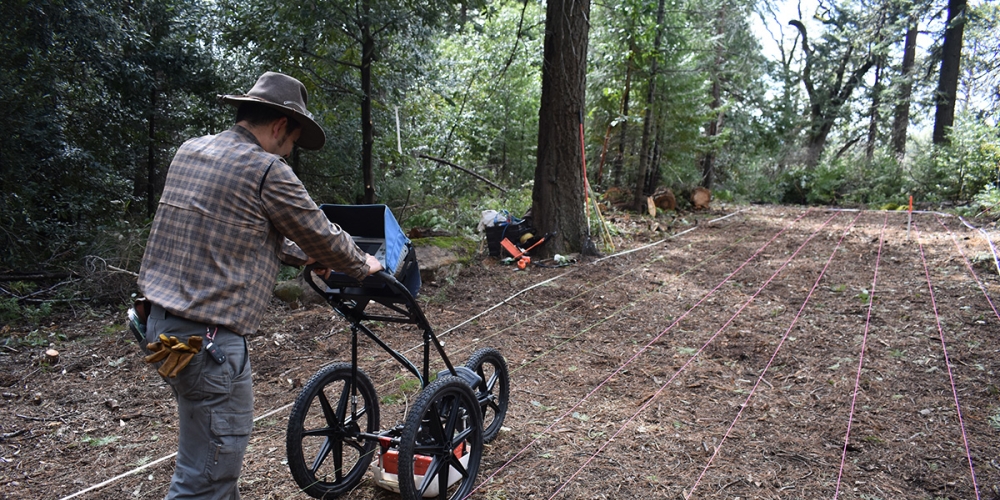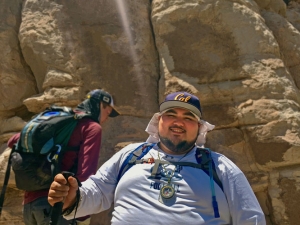

Research Bio
Jun Sunseri's research cluster in community-accountable archaeological work is often focused on how the past is a living part of processes that have translated into racialized or other inequalities in the present and subsequent struggles by our Community Mentors for self-determination. Through partnered and Community-Mentored co-design and management of research process and products, reformulations of archaeological praxis inform work aligned more closely to the priorities of community partners. With mandates from those with the most to lose in the process of doing archaeology, community-accountable archaeological research is a powerful commitment to decolonizing how stories about the past are created and shared. We are fortunate to be invited to work on projects that matter in the here and now, beyond the academy and shoulder-to-shoulder with those who so generously mentor us in their Ancestral Places and gift us with stories and meaning for our work. Our lab uses a diversity of methodologies to puruse these partnered research agendas, such as geophysics and modeling to not only better understand the past, but also better serve the research mandates of our community mentors, such as our role in intergenerational knowledge transfer. Our lab also specializes in the analysis of archaeological animal remains, and uses innovative approaches to identify taphonomic signatures on bone, allowing for the identification of a variety of activities associated with human-animal interactions and cuisine. As a result, our team has hosted data and collections from archaeological sites of diverse spatial and temporal origin, with research foci that engage an ever-expanding network of cross campus and community partners.
Research Expertise and Interest
community-accountable archaeology, historical archaeology, zooarchaeology, ceramic material science, GIS, landscape archaeology, experimental archaeology, community-engaged research / scholarship, outreach, foodways, actualistic research, exploration geophysics, ground penetrating radar, remote sensing, photogrammetry, magnetometry, thermodynamics, adobe construction, food sovereignty



